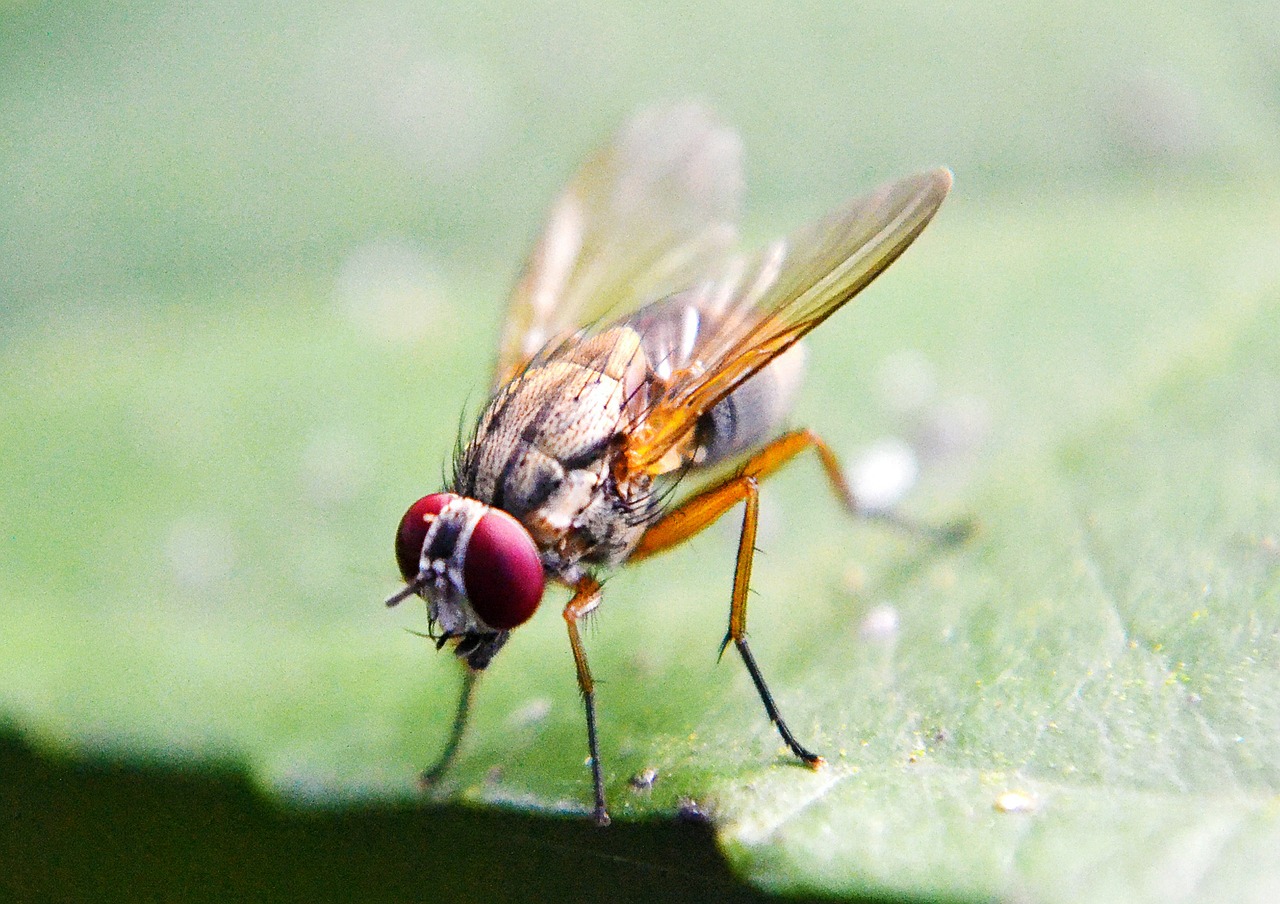
The reason why we freeze when startled, has been found through a study in flies.
A study published in “Current Biology”, revealed that we freeze when startled due to a chemical called serotonin.
This research offered broad insight into the biology of the startle response, a phenomenon that has been observed in every animal, from flies to fish to people.
"Imagine sitting in your living room with your family and all of a sudden the lights go out, or the ground begins to shake. Your response, and that of your family, will be the same: You will stop, freeze and then move to safety. With this study, we show in flies that a rapid release of the chemical serotonin in their nervous system drives that initial freeze. And because serotonin also exists in people, these findings shed light on what may be going on when we get startled as well." Said Richard Mann, PhD.
The research team’s goal was to more fully understand how the chemical accomplished this. Serotonin is closely associated with mood and emotion regulation. Yet, previous research on flies and vertebrates has shown that this chemical can affect movement as well.
The team used a FlyWalker, an apparatus used to track an insect's steps on a special type of glass. They then manipulated serotonin and dopamine levels in the fly’s ventral nerve cord (VNC).
The results showed that serotonin initially slows the fly down, while inhibiting the neurons that allow it to fly away. Additional experiments showed that serotonin levels could impact the insects' walking speed under a wide variety of conditions, including different temperatures, when the flies were hungry, or while they walked upside down, all situations that normally affect walking speed.
In the future, the researchers aim to further investigate the impact of serotonin on movement, and other factors that might be present.



Leave a comment
0 Comments